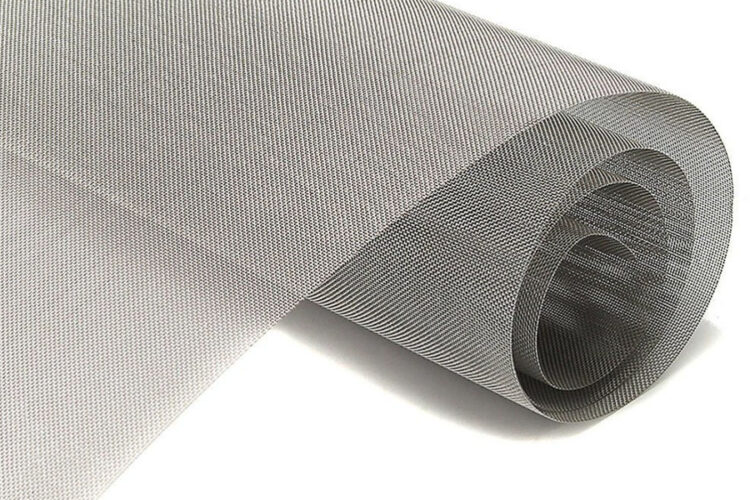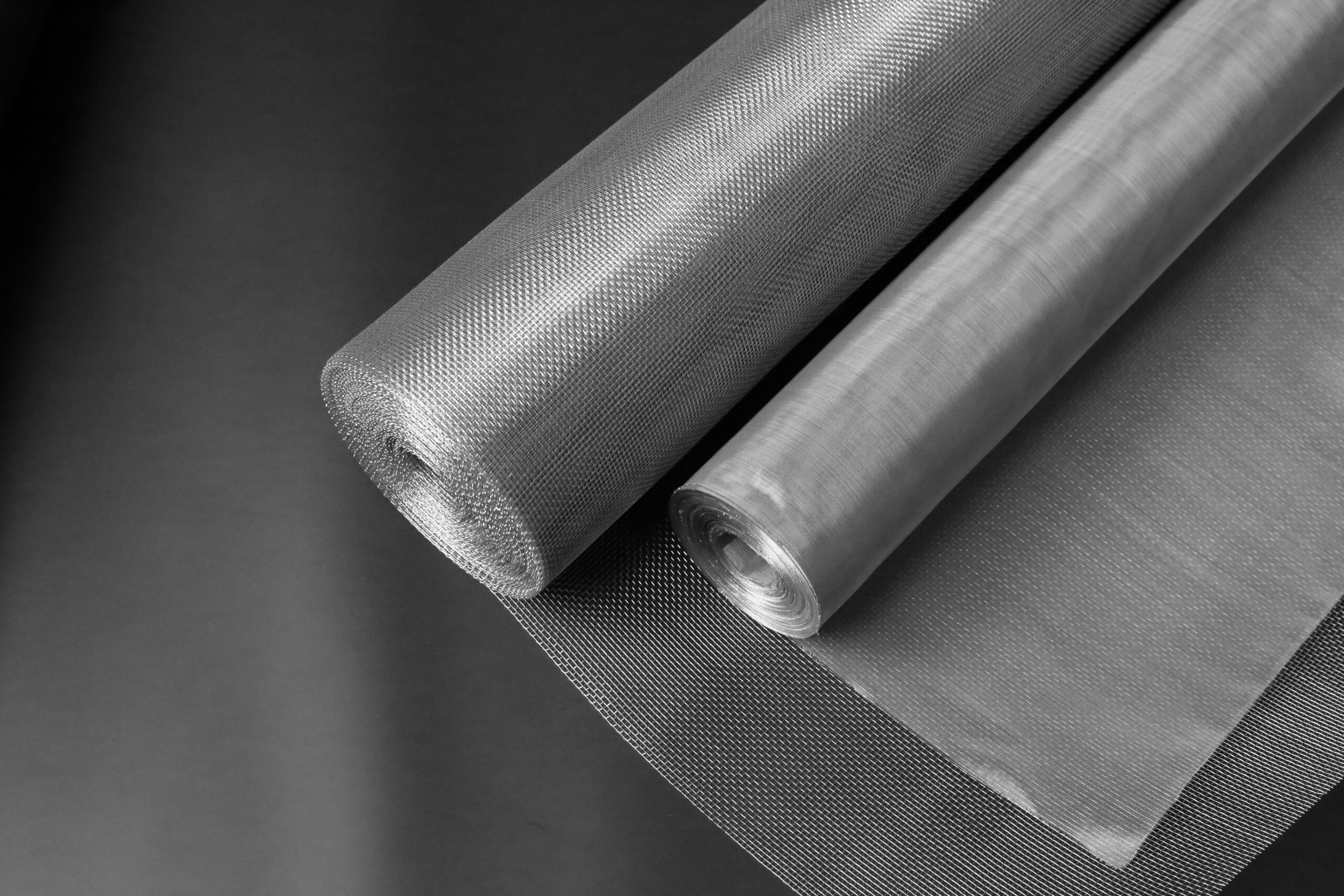
UNDERSTANDING WIRE MESH
At its core, wire mesh is a versatile material made by weaving metal wires together to form a grid or net-like structure. The choice of material, weave type, and size can significantly impact its properties and applications. We specialize in a range of wire mesh products, each designed to cater to specific needs.
Here is an overview of key aspects related to wire mesh:
- Materials:
- Metal Alloys: Wire mesh is commonly made from various metal alloys, such as stainless steel, aluminum, brass, copper, or galvanized steel.
- Weave Types:
- Plain Weave: The most basic weave, where each wire passes over and under the adjacent wires alternately.
- Twilled Weave: Wires interlace in a regular pattern, allowing for a tighter weave and increased strength.
- Dutch Weave: Different wire diameters are used in the warp and weft directions, creating a mesh with varying pore sizes.
- Mesh Size:
- Mesh Count: Refers to the number of openings per linear inch. A higher mesh count indicates a finer mesh with smaller openings.
- Wire Diameter: The thickness of the wire used to create the mesh. Thicker wires generally result in a stronger mesh.
- Properties:
- Strength and Durability: The choice of material and weave directly influences the strength and durability of the wire mesh.
- Corrosion Resistance: Stainless steel is often chosen for applications where exposure to moisture or harsh environments is a concern.
- Temperature Resistance: Some wire meshes are designed to withstand high temperatures, making them suitable for specific industrial or manufacturing processes.
- Applications:
- Filtration: Wire mesh is commonly used in filtration systems to separate particles based on size.
- Security and Fencing: The durability and strength of wire mesh make it suitable for security fencing.
- Construction and Architecture: Wire mesh is used in construction for reinforcement and in architectural applications for design and aesthetic purposes.
- Industrial Processes: Various industries utilize wire mesh for sieving, sorting, and as conveyor belts in manufacturing processes.
- Specialized Products:
- Welded Wire Mesh: Produced by welding the intersections of wires to create a sturdy structure.
- Expanded Metal: A sheet of metal that is expanded to form diamond-shaped openings, providing a lightweight yet strong mesh.
In conclusion, wire mesh is a versatile material with a wide range of applications due to its flexibility, strength, and adaptability. The specific type of wire mesh chosen depends on the intended use, environmental conditions, and required properties for the given application.


